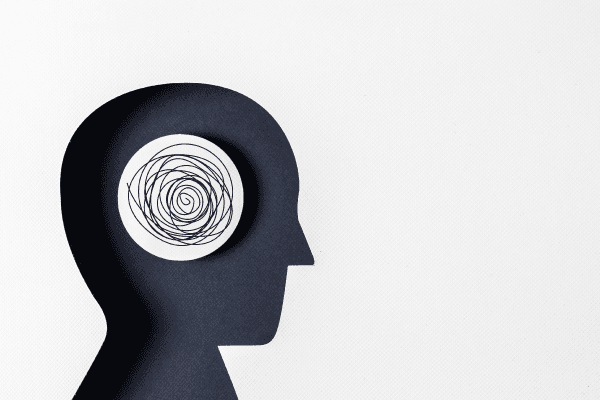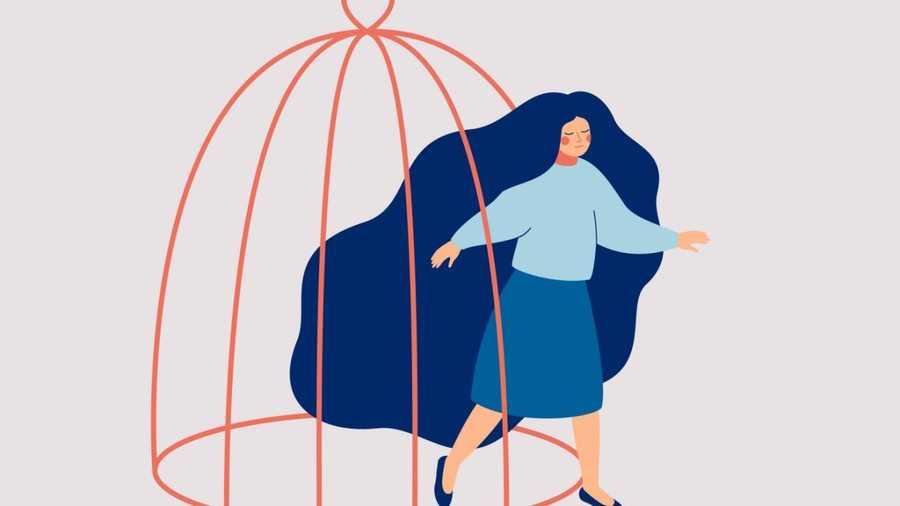Explore the World's Best Ideas
Join today and uncover 100+ curated journeys from 50+ topics. Unlock access to our mobile app with extensive features.
What is Neuroticism?
In the Big 5 Model of personality traits, being a neurotic not only disposes you to anxiety and other negative emotions, but to spending lots of time ruminating about all those feelings.
Negative feelings will lead a nuerotic person to either internalize, withdrawing into their insecurities and ruminations, or externalize, getting angry, irritable, or impulsive. In order to deal with this, they'll attempt to suppress negative feelings and risk developing disordered behaviors, which, essentially, are people’s ill-fated attempts to feel better.
34
240 reads
1. Reframe “negative” to “difficult.”
"Negative emotion" makes it sound like it's something you need to get rid of. Dalai Lama conceptualizes it as: Rather than calling sadness or anger a negative emotion, call it what it rightly is — a difficult emotion.
37
137 reads
2. Seek Adventure
If you’re unwilling to experience difficult emotions, then you’re going to preclude yourself from things like relationships, fitness or career.
To combat this, you need to develop a discipline of risk-taking, forcing yourself to do things you wouldn’t do and make that a regular part of your life. The point isn’t to cure neuroticism but to counterbalance it. The opposite of anxiety is exploration.
37
99 reads
3. Get more granular.
Internally, having a fine-grained understanding of your emotional states can be liberating. When people can describe their emotional states with complexity they experience all sorts benefits, like less alcoholism or aggression and more “emotion regulation,” or being able to keep your psychological footing when things get bumpy.
33
109 reads
4. Put It Into Words
The actual act of putting those states into words grants relief. Expressively writing for 20 minutes a day for three days has shown to help people become less depressed, less anxious, and take fewer visits to the doctor.
34
76 reads
5. Hold your thoughts with a looser grip
Don’t believe everything you think. Dispositional mindfulness — or the quality of generally being aware of what you’re thinking and feeling — has been shown to lessen the depressive effects of neuroticism. Meditation also allows you to nonjudgmentally attend to your own emotions, even if they don’t make you comfortable.
36
84 reads
6. Befriend yourself
In the Buddhist tradition this is called self compassion. With self-compassionyou’re holding your own hand, befriending the emotion, make empathy intrapersonal.
In a formal practice it would go like this: Spend five or seven minutes in body-based mindfulness, which sets the table and gets you out of your head, then summon an emotion that you’re having difficulty with — heartache, anxiety about work, regret about the thing you did last weekend — and wish yourself well. The four slogans used in Tibetan meditation are: May I be happy, May I be safe, May I be at ease, May I be healthy.
38
81 reads
IDEAS CURATED BY
Purvankit khadatkar's ideas are part of this journey:
Learn more about psychology with this collection
How to find inspiration in everyday life
How to stay motivated
How to cultivate a positive mindset
Related collections
Similar ideas
3 ideas
Can Your Personality Change Over Your Lifetime?
greatergood.berkeley.edu
10 ideas
Interesting Facts Psychologists Have Found About Personality
verywellmind.com
6 ideas
Read & Learn
20x Faster
without
deepstash
with
deepstash
with
deepstash
Personalized microlearning
—
100+ Learning Journeys
—
Access to 200,000+ ideas
—
Access to the mobile app
—
Unlimited idea saving
—
—
Unlimited history
—
—
Unlimited listening to ideas
—
—
Downloading & offline access
—
—
Supercharge your mind with one idea per day
Enter your email and spend 1 minute every day to learn something new.
I agree to receive email updates





